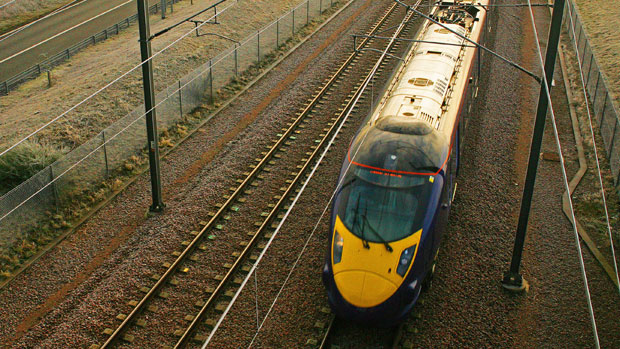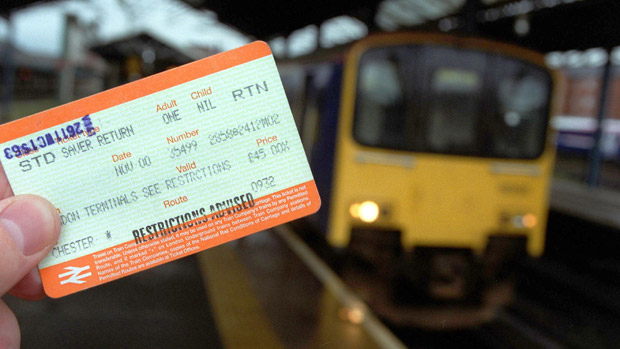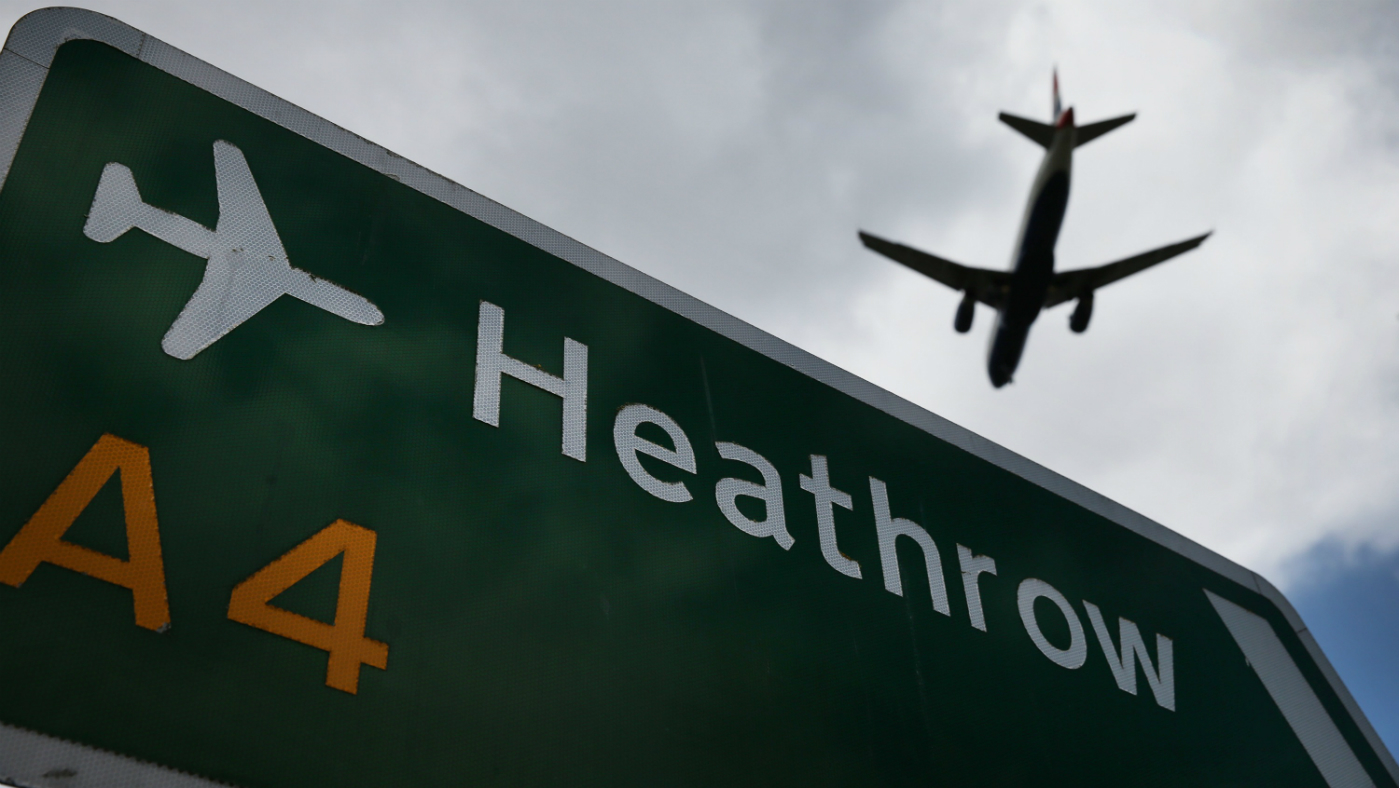Rail nationalisation: how Labour's plan would work
'Radical' part-nationalisation of the railway will please passengers, says Miliband – but not everyone's convinced

A free daily email with the biggest news stories of the day – and the best features from TheWeek.com
You are now subscribed
Your newsletter sign-up was successful
A partial nationalisation of Britain's railways will be discussed at Labour's National Policy Forum this weekend and the plans are expected to appear the party's general election manifesto.
A change in law to allow part-nationalisation would be the "most radical overhaul" of the UK's rail networks since they were privatised in the 1990s, the Evening Standard reports.
What is the plan?
The Week
Escape your echo chamber. Get the facts behind the news, plus analysis from multiple perspectives.

Sign up for The Week's Free Newsletters
From our morning news briefing to a weekly Good News Newsletter, get the best of The Week delivered directly to your inbox.
From our morning news briefing to a weekly Good News Newsletter, get the best of The Week delivered directly to your inbox.
According to the Labour leadership, part nationalisation will involve setting up a "level playing field", where publically owned companies would be allowed to bid against private firms for specific rail contracts.
It would create a "state owned train company", which would compete against private companies such as Virgin and Stagecoach, the BBC's political editor Nick Robinson reports.
The decision follows the success of a state takeover of the East Coast mainline after National Express could no longer afford to run it.
David Miliband told Andrew Marr in May: "We have got to recognise that the system at the moment has flaws in it... Passengers are paying high fares in this country and we are paying big subsidies from the taxpayer."
A free daily email with the biggest news stories of the day – and the best features from TheWeek.com
Labour's motion says the current UK rail system is "not delivering a fair deal" to passengers or the taxpayer, and the part-nationalisation plan would include plans to:
- Cap annual fare rises on every route
- Simplify fare structures
- Create a new 'legal right' to the cheapest ticket
Miliband will, however, resist calls for full nationalisation, reports The Independent, as the party leader is "wary of a return to Old Labour and British Rail".
What has the reaction been?
Ed Miliband was accused of "old- fashioned socialism" earlier this year after he hinted that part-nationalisation might be included in his party's manifesto, the Daily Telegraph reports.
Martin Griffiths, chief executive of Stagecoach told the Financial Times that part-nationalisation would "deter transport companies from bidding for rail franchises" as it would increase the cost of bidding.
Labour's plans were described as a "fast track to chaos" by the Transport Secretary Patrick McLoughlin.
While the decision was welcomed by some Labour voters, commentators argue Miliband is expected to face a "sizeable rebellion" from unionists and left-wing activists this weekend, who believe part-nationalisation, does not go far enough.
-
 How the FCC’s ‘equal time’ rule works
How the FCC’s ‘equal time’ rule worksIn the Spotlight The law is at the heart of the Colbert-CBS conflict
-
 What is the endgame in the DHS shutdown?
What is the endgame in the DHS shutdown?Today’s Big Question Democrats want to rein in ICE’s immigration crackdown
-
 ‘Poor time management isn’t just an inconvenience’
‘Poor time management isn’t just an inconvenience’Instant Opinion Opinion, comment and editorials of the day
-
 Can HS2 get back on track?
Can HS2 get back on track?Today's Big Question West Midlands mayor offers business solution to keep northern leg but final decision may rest with Labour
-
 Labour reveals plans for ‘biggest ever’ cuts to rail fares
Labour reveals plans for ‘biggest ever’ cuts to rail faresSpeed Read Jeremy Corbyn says the privatisation of Britain’s rail system ‘has ripped off passengers’
-
 Heathrow expansion: what are the pros and cons?
Heathrow expansion: what are the pros and cons?In Depth Boris Johnson under fire for taking mystery trip as MPs make ‘biggest transport decision in a generation’
-
Rail nationalisation: should British railways be public or private?
In Depth A majority of Brits think the privatisation of railways was a failure